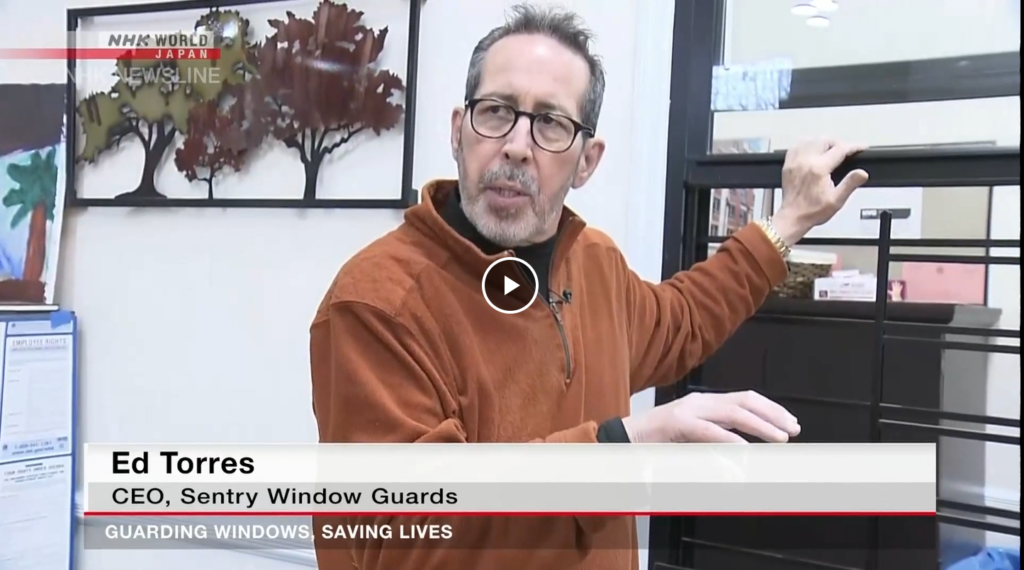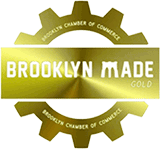The kind of extreme cold temperatures we see in NYC during the winter can put your home or business at risk for water damage caused by frozen pipes. As water freezes, it expands and puts pressure on pipes. Of course, when there is too much pressure, your pipes have a tendency to burst allowing water to come in and potentially flood your home or business. Even when heat is maintained at comfortable levels, pipes on outer walls can freeze during extreme weather. Many water meters and pipes are found in basements, crawl spaces, and other unheated areas, where cold winter temperatures could cause them to freeze. Thankfully, there are steps you can take to help prevent damage from frozen pipes.
- Protect outdoor water spigots by disconnecting all garden hoses from spigots. If possible, shut down the water supply for outside spigots and drain the remaining water. You can also place an insulated dome around each spigot for further protection.
- Insulation is key. Be sure that all water supply lines in unheated areas are wrapped in insulation. Look for pipes needing extra insulation in the basement, crawl space, attic, garage, and under cabinets. Go one step further by adding insulation to your basement and attic to help maintain the temperature in these cooler areas.
- Leave garage doors closed to increase warmth for any water supply lines found in the garage. Leave bathroom and kitchen cabinet doors open to allow warmer air to circulate around the plumbing.
- A slow drip on the coldest nights will reduce pressure in the water system. This means that even if a pipe freezes, it will likely not rupture. The best faucet to leave dripping is the one that is the furthest away from the main pipeline that brings water into your house. This will allow more pipes to receive the benefit of the drip.
- Even if you will be out of town, don’t set your heat to below 55 degrees at night. Heating your home or business when it is not occupied can be a little pricey, but the added expense on your heating bill is much less than the cost of a broken pipe repair.
If your pipes or meter do freeze but are not at the point of bursting, there are a few steps you can take to remedy the situation. Turn on your faucet and apply heat to the frozen section of the pipe with a hair dryer or space heater. Never try to thaw a frozen pipe or meter with an open flame. As the pipe thaws, water should start to flow and come out of the faucet. Keep applying heat until the water pressure is back to normal. Check the all faucets in your home to make sure they are in working order. If you’re uncomfortable or unsure what to do, don’t hesitate to call a plumber.
At Sentry Window Guards we make it our mission to help keep families safe. We hope these tips will keep your home or business safe and warm this winter. For more information regarding our window guard products and our experience and leadership in understanding NYC safety requirements, contact us today!









